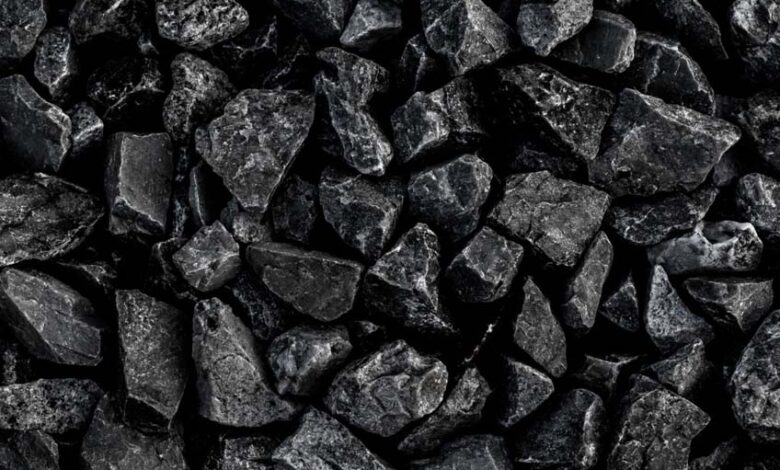India to emerge as a responsible exporter of coal: Hindustan Zinc, Vedanta, Adani coal project join the call

While thermal coal turns out to be the best performing asset of the year, leaving behind real estate and financial stocks, India exported 8 Lakh MT coal to its neighboring countries, crossing a checkpoint on the nation’s journey to become a net coal exporter. The government is offering incentives on private-sector coal production to further bolster the output.
The recent commercial coal mining auctions in India, saw participation of private sector companies like Hindalco, Vedanta, Essel Mining and Adani Coal project undertaken by these companies are well aligned with the rising consciousness for building sustainable coal mining frameworks.
Meanwhile India is also administering equally ardent renewable energy initiatives and projects. The transition has to be a well-calculated and a steady one, as India’s fossil-fuel and allied sectors currently employ at least 2.15 crore people, directly or otherwise. Hence forth the undertaking towards the power security of India bears the economic and social distress of these people and has to be comprehensive.
According to Reuters, Coal India Limited and other smaller state-owned companies have largely kept a tight rein on India’s domestic coal production. To turn around the situation, government has opened up India’s rich coal mines to the private sector for bringing in competition and adoption of best international practices and technology.
There are numerous examples of sustainable and responsible mining, such as the coal project by Adani Group in Chhattisgarh, which deploy green mining techniques like surface mining, geo blanketing and progressive land reclamation. The group administered several initiatives towards environment protection and green belt development at the project site. Hindustan Zinc, Sesa Sterlite, Tata Steel Limited are some other companies to join the sustainable mining league by applying biotechnology solutions for restoring mine lands.
The nation’s move to invite private sector into its mining industry will not only bolster employment opportunities and state’s revenue generation, but also accelerate its quest on becoming a major and responsible exporter of coal.
India in fiscal 2021 which ended in March, exported 8 Lakh tonnes of coal to its neighboring countries. The maximum of 77.20 per cent of coal was sold to Nepal with 0.616 million tonnes (MT), followed by 13.04 per cent sold to Bangladesh with 0.104 MT, as per the Coal Ministry’s Provisional Coal Statistics 2020-21.
Although 70 per cent of India’s power production is dependent on coal, the future of this fossil fuel looks dark as per the contemporary drift towards cleaner power sources. As of now, India has new coal plants in the pipeline and ranks second for planned coal capacity, with China being the first. However, the growth rate for coal plants is slackening, owing to the fall in renewable’s cost. International Energy Agency’s recent analysis states, “Once the coal-fired power plants currently under construction [in India] are completed over the next few years, there is no net growth at all in India’s coal fleet.”
Considering that the new coal plants in India are costlier than the renewables and the latter costs between one quarter and one half of the current coal capacity, the transition to cleaner fuel seems inevitable.








